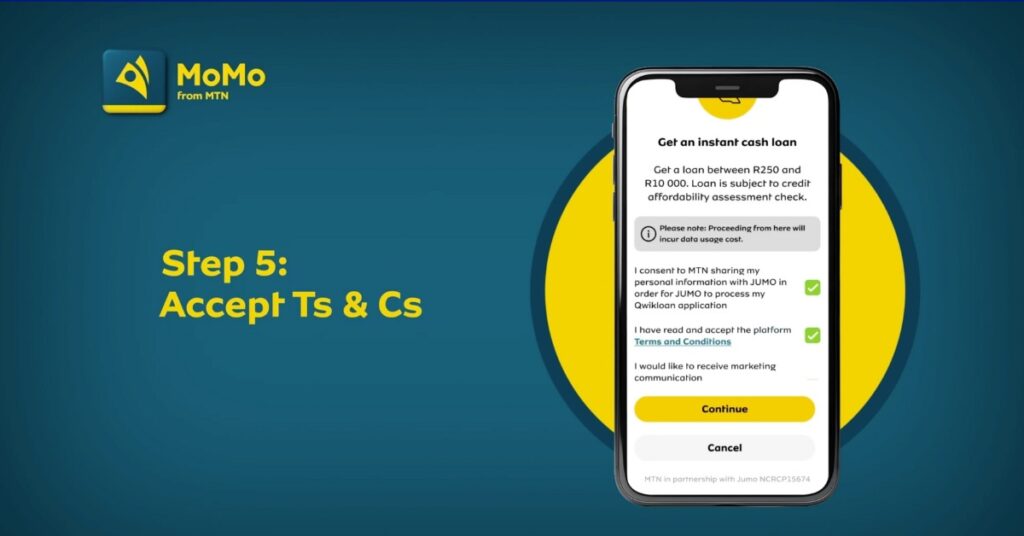Financial stability is not just about managing your regular expenses; it’s also about being prepared for unforeseen expenses. Unexpected expenses can come up at any time, from medical emergencies to car repairs or sudden job loss. In this article, we’ll discuss essential strategies that will help you handle unexpected expenses and secure your financial future.
Strategies for Handling Unexpected Expenses
It’s usually stressful to handle unexpected expenses, but with the right strategies, you can navigate these situations effectively. Several strategies can be implemented to handle unexpected expenses, they include:
- Emergency Fund: Establishing an emergency fund is crucial. Target to save up to 3 to 6 months’ worth of living expenses. Start small and contribute regularly until you reach your goal.
- Budgeting: Design a comprehensive budget to follow up on your income and expenses. Set aside some cash each month for unplanned expenses review your budget regularly and make any necessary changes where needed.
- Prioritize Expenses: When faced with unexpected costs, prioritize essential expenses such as food, shelter, and utilities. Cut back on non-essential spending temporarily to free up funds for emergencies.
- Seek Additional Income: Explore opportunities to increase your income, such as freelancing, part-time work, or selling unused items. Having extra sources of income can provide a buffer during financial emergencies.
- Utilize Insurance: Review your insurance policies to ensure adequate coverage for various risks, including health, property damage, and liability. Having the right insurance can mitigate the financial impact of unexpected events.
By implementing these strategies, it will be easier for you to handle unexpected expenses while maintaining your overall financial stability.
Budgeting for Unforeseen Expenses
The first step in financial planning is budgeting. Setting up a certain amount of your money for emergencies is crucial when creating a budget for unforeseen costs. Start by keeping a record of your monthly earnings and expenses. Determine where you can make savings, such as entertainment or eating out, and apply those savings to your emergency fund.
Importance of Emergency Fund
As a kind of financial safety option, an emergency fund offers stability and peace of mind in trying times. It enables you to pay for unforeseen costs without using credit cards or high-interest loans, which might result in long-term debt. Additionally, having an emergency fund helps people feel less stressed and anxious about unpredictable finances.
Building an Emergency Fund
Based on your monthly expenses, establish a reasonable savings target in order to accumulate an emergency fund. Keep sufficient money to cover your living expenses for a minimum of 3 or 6 months. If you must, start off modestly, but be persistent. To guarantee consistent savings, set up automatic monthly contributions to your emergency fund. To optimize returns while maintaining accessibility to your money, think about utilizing the money market or high-yield savings accounts.
Other Research Strategies
Another good way to deal with unforeseen costs is to diversify your sources of income. You can do this by looking into opportunities for freelancing, investing in passive income streams, or buying assets that generate income. You should also check your insurance policy to make sure you are adequately covered against different risks, like illness, property damage, or income loss.
Conclusion
It’s important to remember that starting small, being consistent, and putting your long-term financial security first will help you proactively protect your financial well-being and feel more at ease during unexpected expenses. Creating a budget, setting up an emergency fund, and researching additional research strategies will help you empower yourself to navigate life’s uncertainties with confidence.





